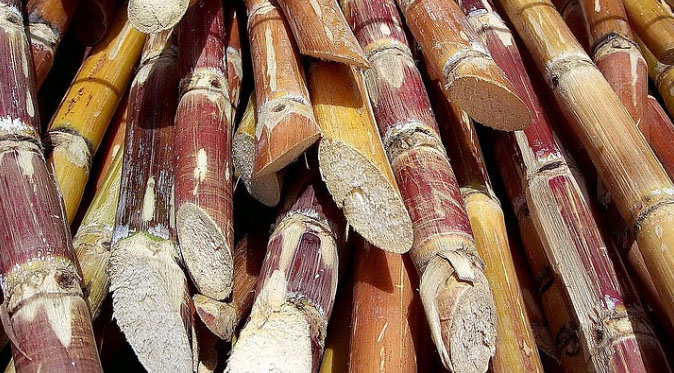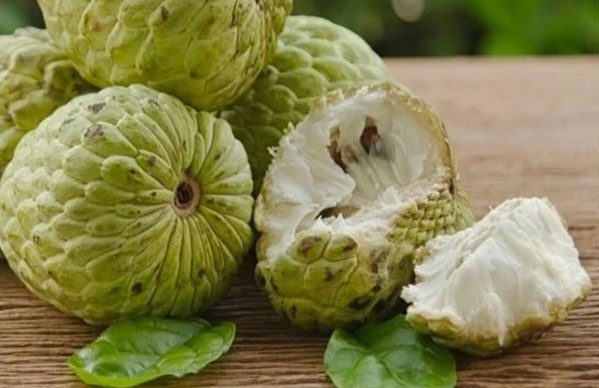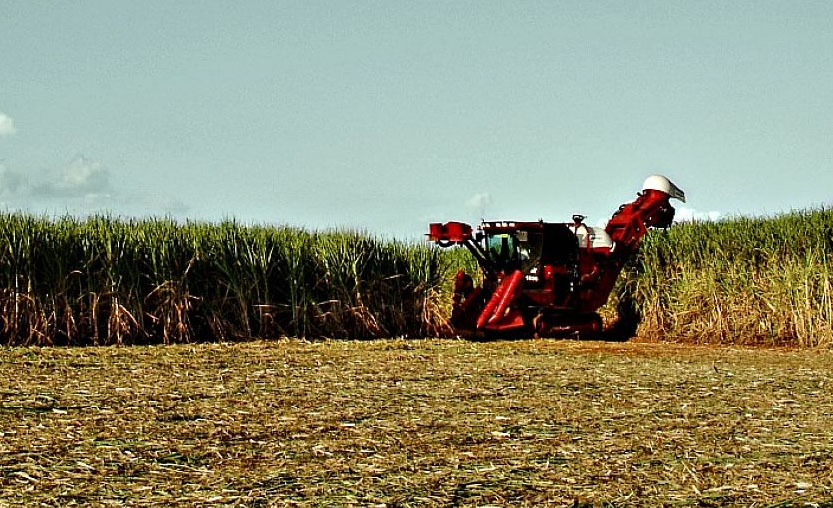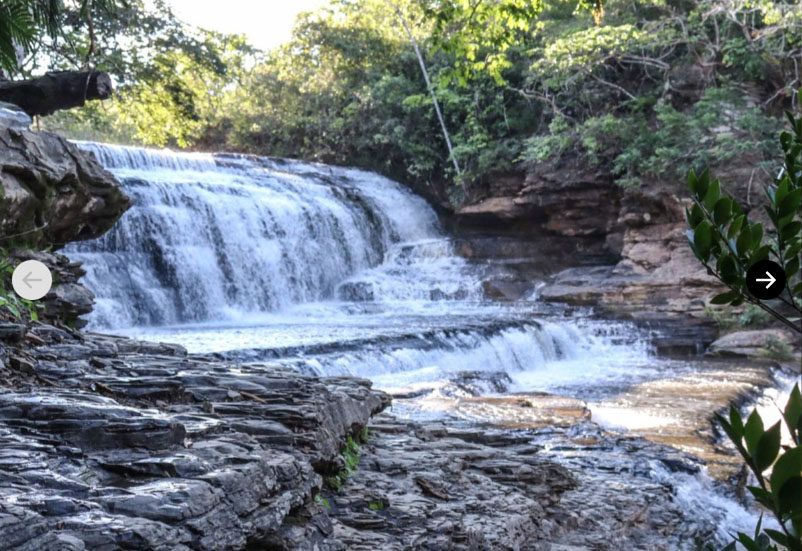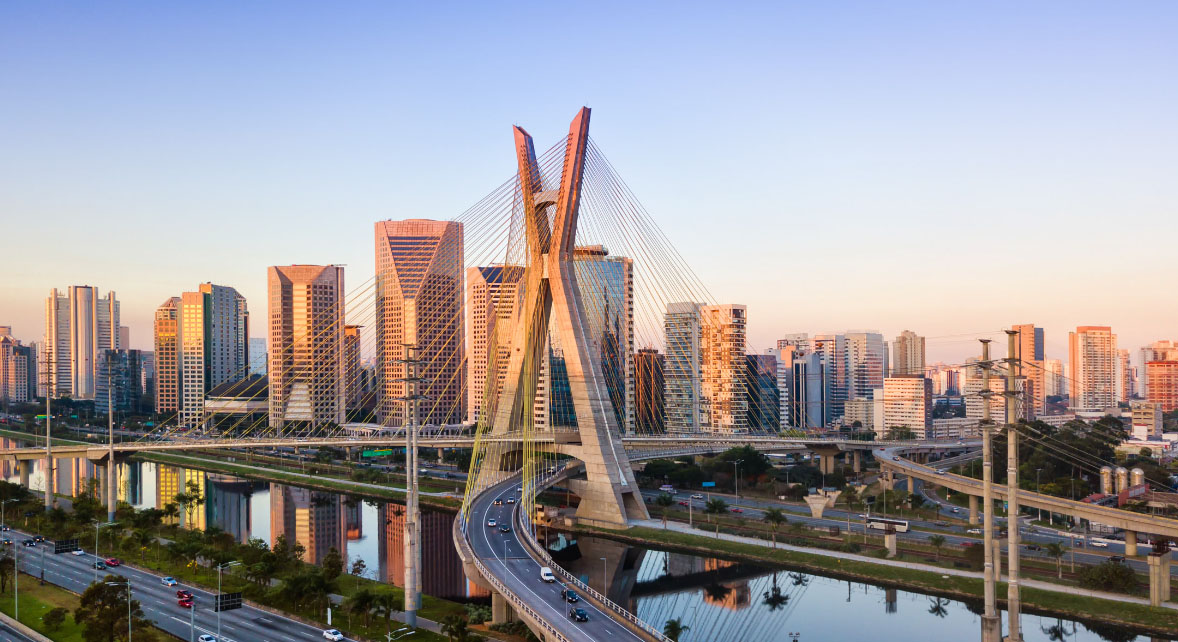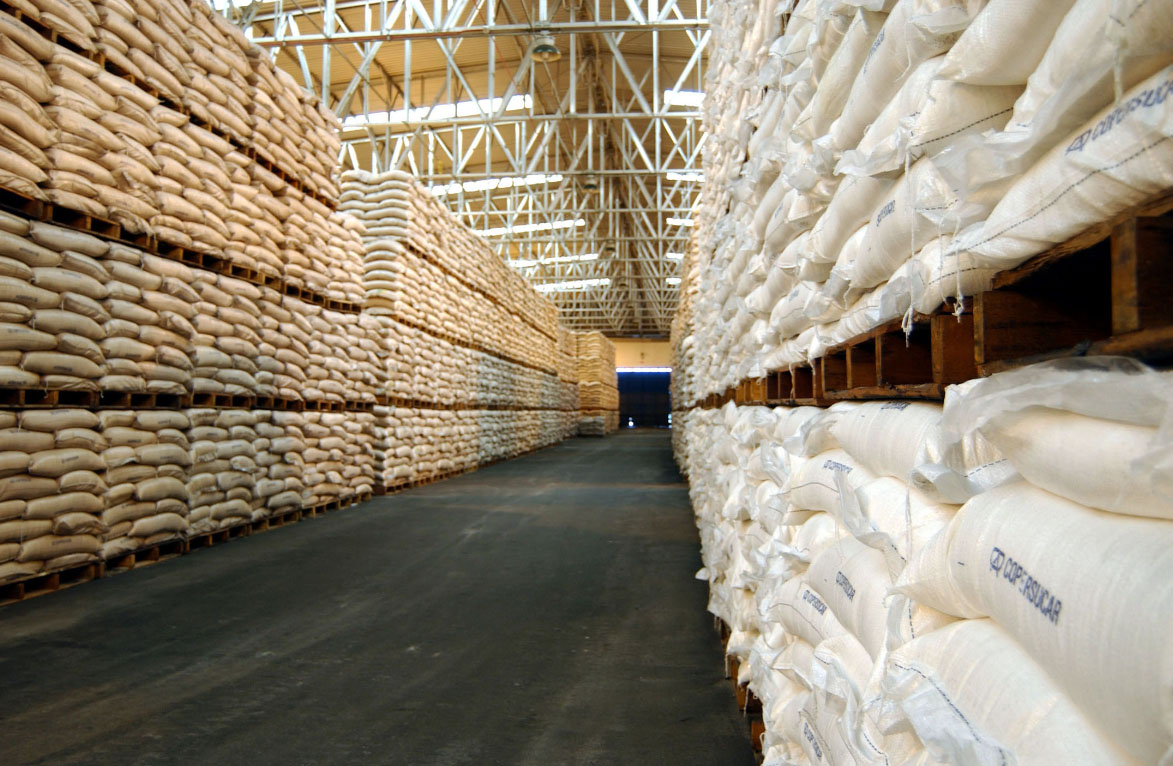Brazil is a
global powerhouse in sugar production, known for its lush sugarcane fields and
top-quality sugar products. The journey of sugar production in Brazil is a
fascinating one, marked by rich historical roots and modern innovations. In
this blog post, we’ll delve into the captivating world of sugar production in
Brazil, exploring the history, methods, and the profound significance of this
vital industry.
Sugar
Production in Brazil: A Sweet Heritage
Colonial
Beginnings: The history of sugar production in Brazil dates back to the
colonial era when Portuguese settlers first introduced sugarcane cultivation to
the region.
Economic
Significance: Sugar production quickly became a cornerstone of Brazil’s
economy, driving trade and shaping the nation’s financial destiny.
The Sugar
Production Journey
Sugarcane
Cultivation: Sugar production begins with the cultivation of sugarcane in vast
fields, a labor-intensive process that preserves traditions passed down through
generations.
Harvesting
and Crushing: Once the sugarcane is ripe, skilled laborers harvest the cane,
and it’s subsequently crushed to extract the precious juice.
Clarification
and Boiling: The extracted juice undergoes clarification and boiling to
eliminate impurities and create a clear sugar solution.
Crystallization
and Drying: The sugar solution is concentrated, crystallized, and dried,
resulting in the fine sugar crystals that are beloved around the world.
Significance
of Sugar Production in Brazil
Economic
Backbone: Sugar production remains a critical contributor to Brazil’s economy,
supporting livelihoods and local communities across the nation.
Cultural
Impact: Sugar production has significantly influenced Brazilian culture,
leaving its mark on art, music, and traditional celebrations.
Modern
Innovations in Sugar Production
Technological
Advancements: Brazil’s sugar industry has embraced modern technology to enhance
efficiency, sustainability, and quality.
Diversification:
Many sugar producers have diversified their operations to include ethanol
production, further strengthening Brazil’s position in the biofuel industry.
Sustainability
and Environmental Responsibility
Sustainable
Farming Practices: Leading sugar producers are adopting sustainable farming
practices that reduce water consumption and lessen the environmental footprint.
Biodiversity
Conservation: Some sugar producers actively protect biodiversity by preserving
natural ecosystems in and around their sugarcane fields.
Challenges
and Opportunities
Market
Fluctuations: The sugar industry faces challenges related to market price
fluctuations and competition from alternative sweeteners.
Innovation:
Technological advancements offer opportunities for growth and sustainability,
encouraging continuous improvement in the industry.
Conclusion
Sugar
production in Brazil is not merely a process; it’s a rich heritage that blends
the old and the new. With deep historical roots, economic significance, and cultural
impact, sugar production continues to play a pivotal role in Brazil’s identity
and economy. As the industry evolves, embracing sustainability and
technological advancements, it remains a testament to Brazil’s dedication to
preserving traditions while shaping a sweet and sustainable future.

